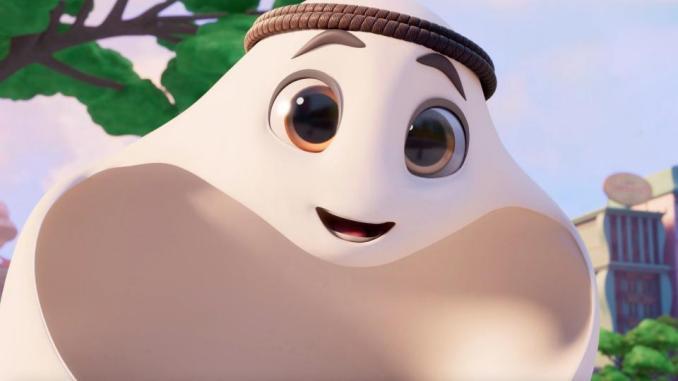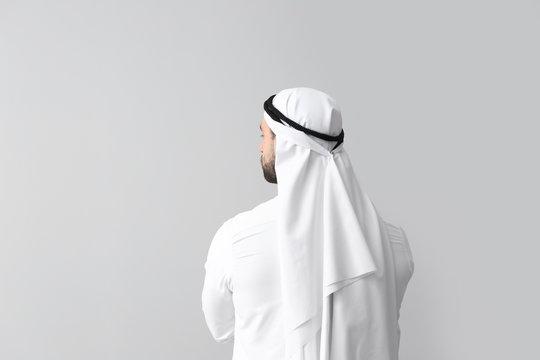The 2022 Qatar World Cup will be held in Qatar from 20 November to 18 December, the first time the World Cup has come to the Middle East and the first time in history that the World Cup has been held in winter. As the 2022 Hangzhou Asian Games has been postponed to 2023, the Winter Olympics at the beginning of the year and the World Cup at the end of the year constitute the two top events of the year in terms of IP, and also It is for this reason that the World Cup fever has started earlier in China. The official mascot of the Qatar World Cup was released back in April and has been a hit with fans all over the world. The name "La'eeb" is inspired by the white headscarf worn by Arabs, which in Chinese means "the player of great skill It means "player of great skill" in Chinese.


The quirky, exotic and alternative La'eeb instantly caught everyone's attention, not only fans but also the younger generation of mobile internet users who left comments on social media expressing their love for La'eeb, with dumpling wrappers and wonton wrappers being its most popular nicknames.
For international sports competitions such as the Winter Olympics, the Asian Games and the World Cup, what is the business format and underlying logic behind their officially licensed merchandise?
The products surrounding the Winter Olympics and Asian Games are called "officially licensed merchandise", while the peripheral products of the World Cup, Champions League, Real Madrid, Arsenal etc. are called "officially licensed merchandise", the difference between the word and the model behind it is not the same.
The organisers of the Winter Olympic Games and Asian Games in China have received the rights to the peripherals of the events from the IPs (International Olympic Committee, Olympic Council of Asia, etc.), together with the operating rights, so it is the event organisers who authorise (or license) the rights to the relevant partner companies. The first difference is that the rights of the World Cup are still controlled by FIFA, which licenses the rights to the partner companies. The second difference is that the organisers of the Winter Olympic Games and Asian Games in China granted the production and sales rights of the peripheral products to the partner companies separately, called "licensed manufacturers" and "licensed retailers" respectively, whereas FIFA granted the production and sales rights of the peripheral products to the partner companies at the same time. FIFA grants both the production and sales rights to its partner companies, called "Licensee".








